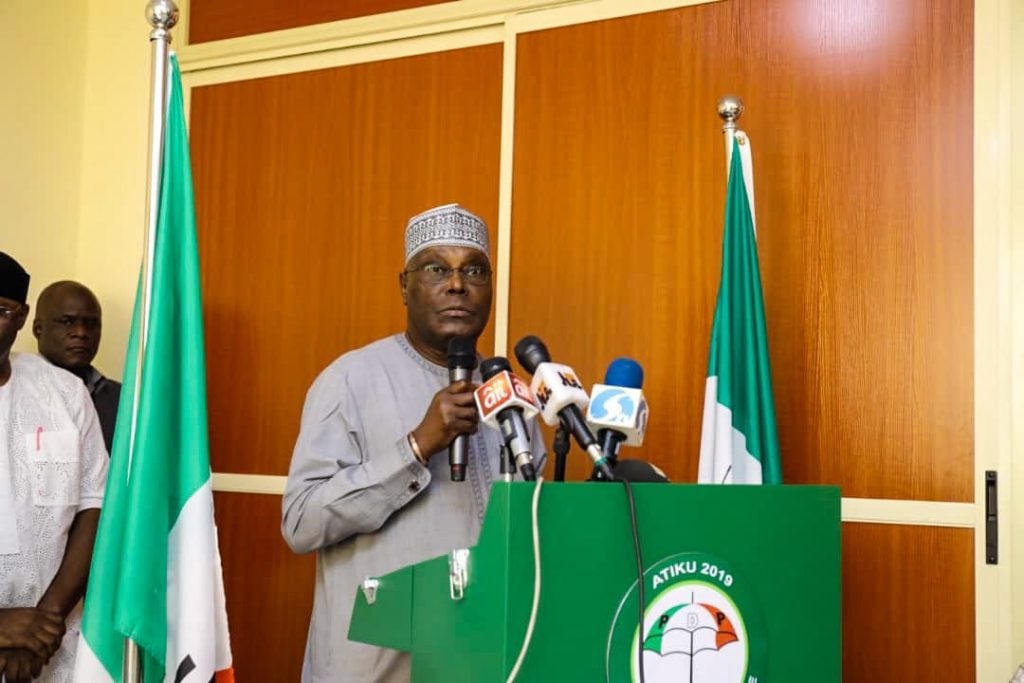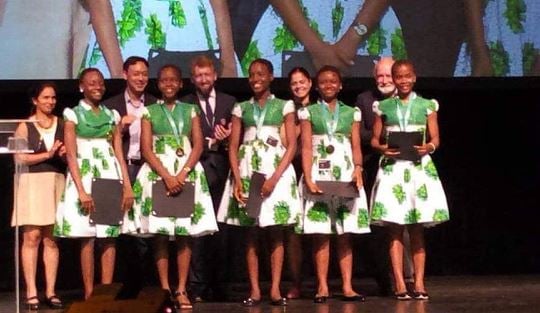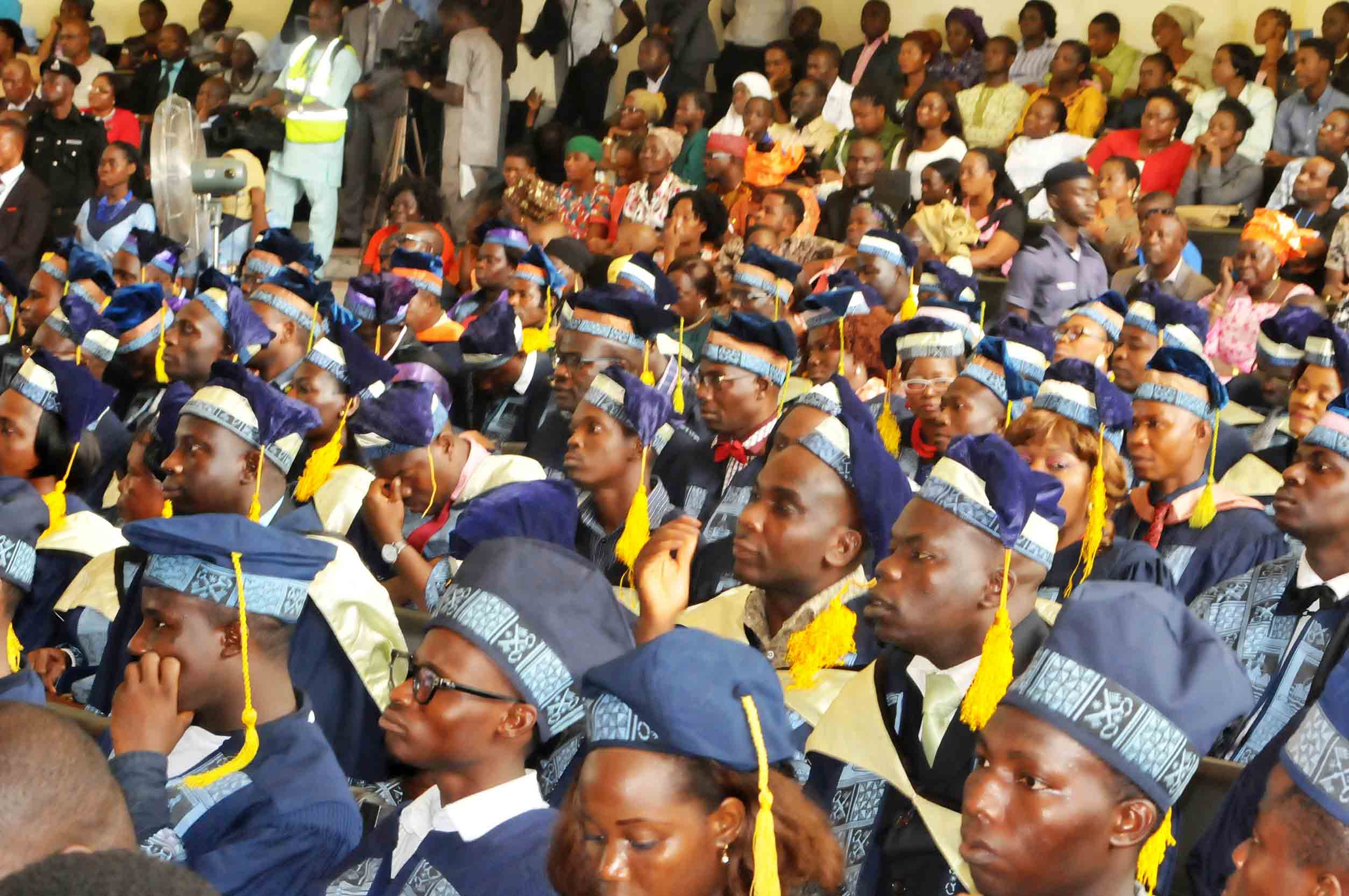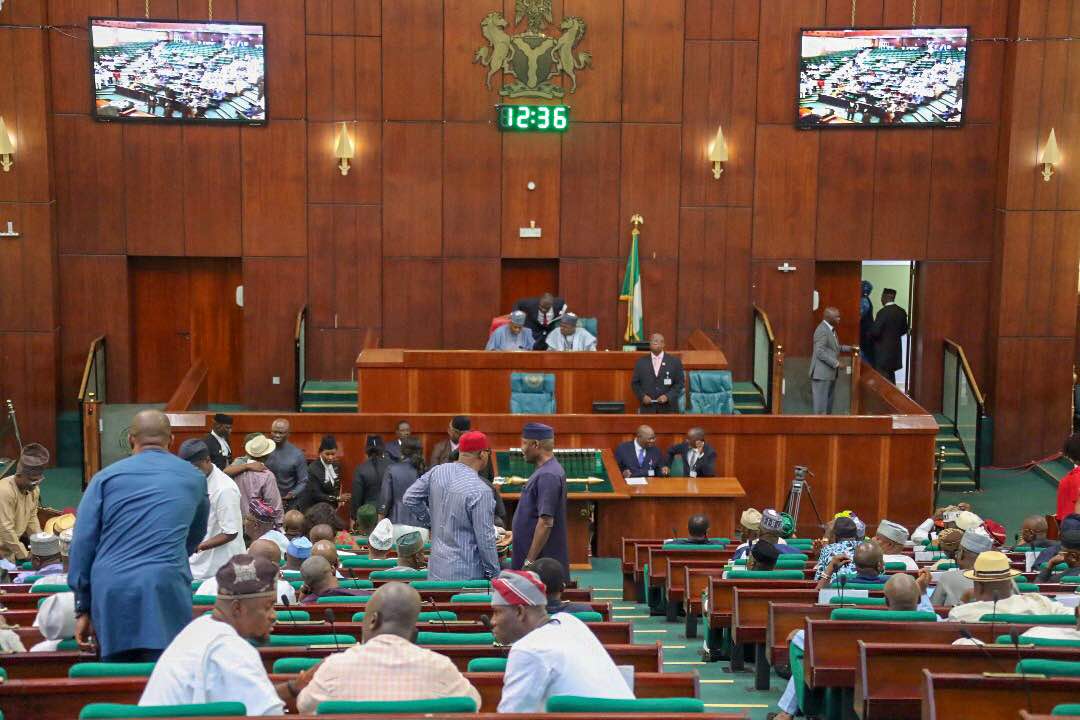BY IDAYAT HASSAN AND OGE ONUBOGU
Nigeria’s political parties are in full campaign mode ahead of national and state-level elections early next year, and unfortunately signs are emerging that election-related violence is a real possibility. It’s not too late, however, for Nigerians and the international community to take steps to reduce the risks of coercion and possibly even bloodshed. To do so effectively, it’s crucial that as much attention be paid to flashpoints at the state level as to tensions surrounding the higher profile campaign for president.
In Nigeria, All Politics is Local
September’s off-cycle election for governor in the southwestern state of Osun illustrates the intensity of state elections and the accompanying risks. The Independent National Electoral Commission (INEC) declared the initial results inconclusive because of technical problems and other disruptions, and the vote had to be redone. In the second round, U.S., European Union and U.K. observers reported that they found “incidents of interference and intimidation of voters, and heard reports of harassment of party monitors, journalists and domestic observers.” Social media posts showed photos of allegedly injured civilians. Higher profile state races in 2019 are likely to be even more volatile.
Advertisement
State-level elections are important for democratic development in Nigeria, which serves as a bellwether for stability in Africa as the continent’s most populous country and biggest oil-producing nation. State races often function as a proving ground for candidates aspiring to national office. Moreover, the country’s powerful state governors, who allocate federally disbursed revenue and shape policy on development and security, oversee the state election commissions that manage local government elections—the essence of grassroots democracy.
The 2019 state-level voting will usher in leadership to some of the most populous and economically important states in Nigeria, including Lagos, Kano and Rivers, as well as in states that experience recurring intercommunal violence including Plateau, Kaduna and Benue.
The electoral calendar will be crowded in the first quarter of 2019. Just two weeks after the general elections, balloting will take place on March 2 to select governors and state assemblies in 29 of Nigeria’s 36 states (seven others are scheduled off-cycle for various reasons). In the 29 contests, incumbent governors are defending 19 seats. Of those, 12 are members of President Muhammadu Buhari’s ruling All Progressives Congress (APC). The other seven belong to the People’s Democratic Party (PDP) of opposition candidate and former Vice President AtikuAbubakar. Incumbent governors running for a second four-year term hold significant advantages because of their domination of state party structures, leverage over powerful patronage networks and the ways they can manage to employ state funds to bolster their campaigns.
Advertisement
In Lagos state, the APC incumbent lost in the October primary, and in the remaining nine of the 29 state contests (Borno, Gombe, Imo, Kwara, Nasarawa, Ogun, Oyo, Yobe and Zamfara), the incumbents cannot run again because of term limits, making for competitive open races.
A Complex Risk Environment
In the 2015 state elections, voting generally proceeded smoothly across the country, according to the Center for Democracy and Development (CDD), a U.S. Institute of Peace (USIP) partner organization in Nigeria. Even so, “significant incidences of shootings, protests, arson and fatalities were recorded in most geopolitical zones,” the CDD reported.
Three years later, conditions have changed. The nature of these changes—and the forces behind them—must be considered in weighing whether state-level election violence is likely, and if so, how to prevent it or mitigate the consequences.
Advertisement
The number of violent conflicts across the country and their toll have increased. Clashes between farmers and herders over land and water have escalated and are particularly deadly in the northern states of Benue, Taraba, Plateau, Adamawa, Zamfara and Kaduna. Some of those states, including Benue and Plateau, fall within the politically influential region of North Central Nigeria.
In the country’s Northeast, the military claims to have decimated Boko Haram, but the group continues to stage well-publicized attacks. Meanwhile, paramilitary forces organized in response to the terrorist threat now pose a danger themselves in places such as Borno state. So, the contest to replace Borno’s term-limited Governor KashimShettima will be especially important.
Another change since 2015 is proliferating fissures within the APC and the PDP. In Kano, northern Nigeria’s most populous state and long considered a harbinger of a party’s political prospects across that region, divisions are deep within the APC between supporters of incumbent Governor Abdullahi Umar Ganduje and backers of Senator RabiuKwankwaso, formerly the state’s governor, and now member of the opposition PDP. Already, the party primaries in October in Zamfara were marred by violence. Preparations for that state’s elections in March continue to be controversial, as INEC has declined to accept the APC’s gubernatorial candidate, saying the party submitted his name too late.
As intraparty conflicts sharpen, rivalry between the APC and the PDP remains intense. That competition lies at the root of persistent violence, including around elections, in the Niger Delta’s leading oil producer, Rivers state—hostility heightened by the APC’s growing challenge to the PDP’s previous dominance in the lead-up to the 2015 vote. The Fund for Peace, another USIP partner in Nigeria, reports that “the personal rivalry between former Governor RotimiAmaechi (APC) and current Governor EzenwoNyesomWike (PDP)” exacerbates divisions along party lines. Rivers state is considered a political crown jewel for any party able to capture control of the jurisdiction.
Advertisement
How Election Violence can be Mitigated
So, what can be done? Nigeria must be held to a higher standard than in the past in order to fulfill its proper role as the best example of democratic development in Africa. While there has been much improvement in recent years, the country’s political leaders need to do better.
Advertisement
First, planning for prevention of election violence needs to occur earlier and be sustained longer to contain post-election incidents.
Secondly, the United States and international community, including the African Union and Economic Community of West African States (ECOWAS), should intensify their pre-election diplomacy. All stakeholders with potential influence on Nigeria’s leaders must clearly convey their expectation that Nigeria’s political parties will act responsibly throughout campaigns, balloting and the post-election period. They must demand that parties discipline their members, officials and their candidates should they violate standards of acceptable conduct.
Advertisement
Finally, Nigerian authorities should identify credible state-level and community leaders in advance who could provide leadership and advice—or even mediation—in the event of rising tensions. USIP’s Nigeria Working Group on Peacebuilding and Governance, a group of eminent civic leaders, could be a source of support, and there may be other community leaders with the skills and influence to prevent and defuse violence. Some states already have institutions designed to reduce violence, such as the Plateau State Peacebuilding Agency and the Kaduna State Peacebuilding Commission. These bodies are still getting their footing, but they can work closely with local community leaders and civil society representatives.
While Nigeria has made major strides since democracy was restored almost 20 years ago, the struggle to control the widespread violence that plagues its communities is far from over. Reducing election-related violence, especially in the all-important state gubernatorial elections, is a crucial place to start.
Advertisement
Hassan is the director of the Centre for Democracy and Development–West Africa, an Abuja-based policy advocacy and research organization.OgeOnubogu is a senior program officer for Africa programs at USIP.
Views expressed by contributors are strictly personal and not of TheCable.
Add a comment






